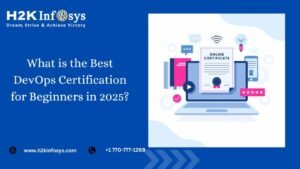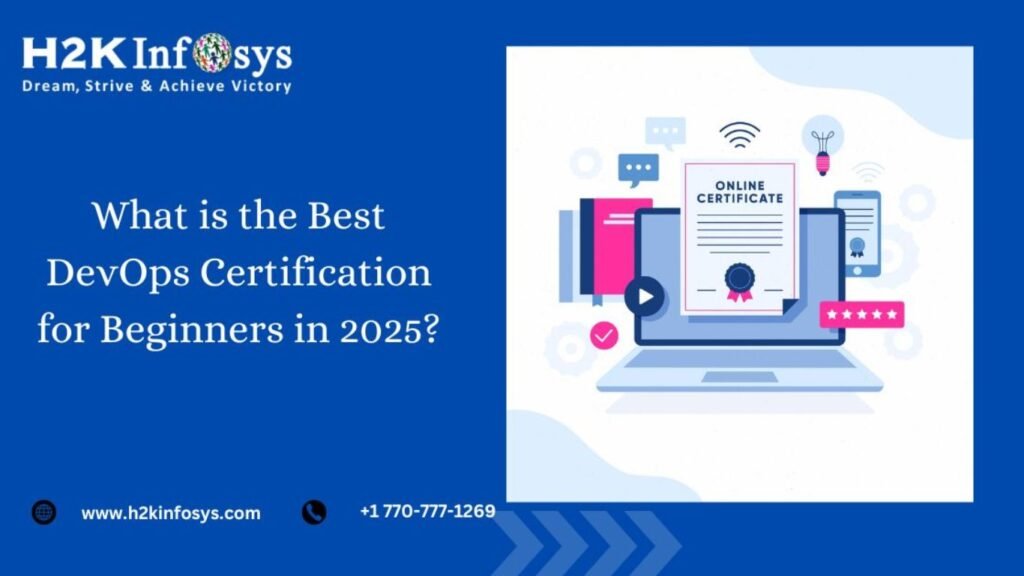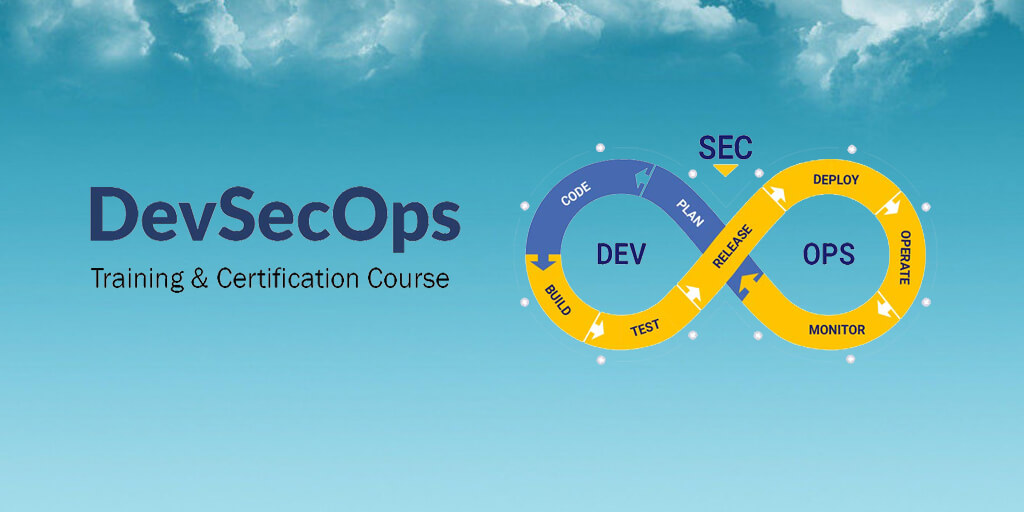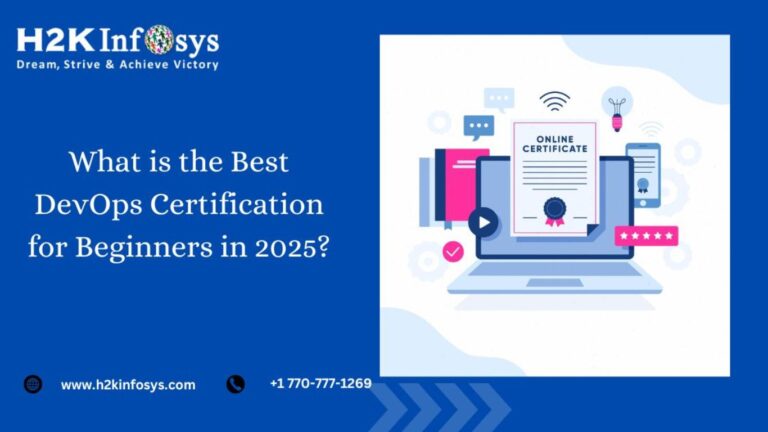Introduction
Interviewing for a Business Intelligence Analyst position at Microsoft can be a daunting process, but preparation is key to success. This guide will walk you through the top 10 questions you might face during the interview, along with tips on how to answer them effectively. Whether you’re just starting your career or looking to advance, these insights will help you navigate the interview process with confidence.
Key Skills for a Microsoft BI Analyst Role
- Proficiency in Power BI: Ability to create dashboards, reports, and data models.
- Data Analysis: Skills in analyzing and interpreting data to generate insights.
- SQL Knowledge: Expertise in writing and optimizing queries.
- ETL Processes: Experience in extracting, transforming, and loading data.
- Communication: Capability to translate technical data insights into business language.
SQL Query Optimization
Q: How do you optimize SQL queries for performance?
A: When optimizing SQL queries, the focus should be on reducing the time it takes for the query to execute and the resources it consumes. Techniques include indexing key columns, avoiding unnecessary columns in SELECT statements, and using JOINs wisely. Explain the importance of understanding the database schema and how it affects query performance. Mention the use of tools like SQL Server Profiler to monitor and improve query performance.

Data Warehousing Concepts
Q: What are the essential elements that make up a data warehouse?
A: A data warehouse typically consists of the following components: data sources, ETL (Extract, Transform, Load) processes, storage (data marts, data lakes), and reporting tools. Discuss the significance of each component and how they work together to provide valuable insights for business decisions. Be sure to mention specific technologies like Azure SQL Data Warehouse and how they integrate with Microsoft BI tools.
ETL Process Explanation
Q: Can you explain the ETL process?
A: ETL stands for Extract, Transform, Load. It’s a crucial process in data warehousing where data is extracted from various sources, transformed into a suitable format, and loaded into a data warehouse. Describe the importance of each step and the challenges that can arise, such as data cleansing during the transformation phase. Mention tools like SSIS (SQL Server Integration Services) commonly used in Microsoft environments.
Scenario-Based Problem Solving
Q: Describe a scenario where you had to solve a complex data-related problem.
A: For scenario-based questions, provide a specific example from your experience. For instance, talk about a time when you were faced with a sudden drop in data accuracy and how you identified the root cause. Explain the steps you took, including collaborating with cross-functional teams, using diagnostic tools, and implementing a long-term solution. Emphasize the results and the insights gained from the experience.
Handling Data Quality Issues
Q: How do you handle data quality issues in a BI project?
A: Data quality is critical in any BI project. Start by discussing the types of data quality issues such as missing data, duplicates, and inconsistencies. Explain how you use tools like Data Quality Services (DQS) and Master Data Services (MDS) to clean and manage data. Additionally, mention the importance of setting up processes for continuous data quality monitoring and the role of metadata management.
Microsoft Power BI Expertise
Q: How do you utilize Power BI in your analysis?
A: Microsoft Power BI is a powerful tool for data visualization and business intelligence. Discuss how you create interactive dashboards, use DAX (Data Analysis Expressions) for complex calculations, and integrate Power BI with other Microsoft products like Azure and Excel. Highlight your experience with Power BI’s advanced features like Power Query for data transformation and PowerE BI Service for sharing reports.

Data Modeling Techniques
Q: What data modeling techniques do you use?
A: Data modeling is a fundamental skill for a Business Intelligence Analyst. Talk about your experience with different data models like star schema, snowflake schema, and fact constellation. Explain how you choose the right model based on the data structure and business requirements. Mention tools like ER/Studio or Microsoft’s own tools like Visio for creating and managing data models.
Handling Large Datasets
Q: How do you handle and analyze large datasets?
A: Handling large datasets requires both technical skills and an understanding of the business context. Discuss how you use indexing, partitioning, and parallel processing to manage large volumes of data efficiently. Mention your experience with big data tools like Hadoop or Azure Data Lake and how you ensure that your analyses are both accurate and timely.
Real-Time Data Analytics
Q: What is your experience with real-time data analytics?
A: Real-time data analytics is increasingly important in today’s fast-paced business environment. Share your experience with tools like Azure Stream Analytics or Power BI’s real-time capabilities. Discuss how you’ve implemented real-time dashboards and alerts that help businesses make immediate decisions based on the most current data.
Behavioral Questions
Q: How do you handle tight deadlines and high-pressure situations?
A: Behavioral questions are designed to assess how you approach work challenges. Explain your time management strategies, such as prioritizing tasks and using tools like Microsoft Project or Trello to keep track of deadlines. Provide an example of a time when you worked under pressure and how you maintained quality while meeting the deadline.
Recommended to Read Also: Quality assurance automation bootcamp
Conclusion
Preparing for a Microsoft interview as a Business Intelligence Analyst involves understanding both technical and behavioral aspects. By focusing on the key areas highlighted in this guide, you can approach your interview with the knowledge and confidence needed to succeed. Practice your answers, stay updated on the latest BI tools and trends, and remember to articulate your thoughts clearly during the interview. To enhance your skills in Business Intelligence, consider enrolling in a PowerBI Online Training Course from H2K Infosys. This course will help you gain a deeper understanding of Power BI and other BI tools, ensuring you’re fully equipped for the role. H2K Infosys provides comprehensive training to help you stay ahead in the BI field.

























